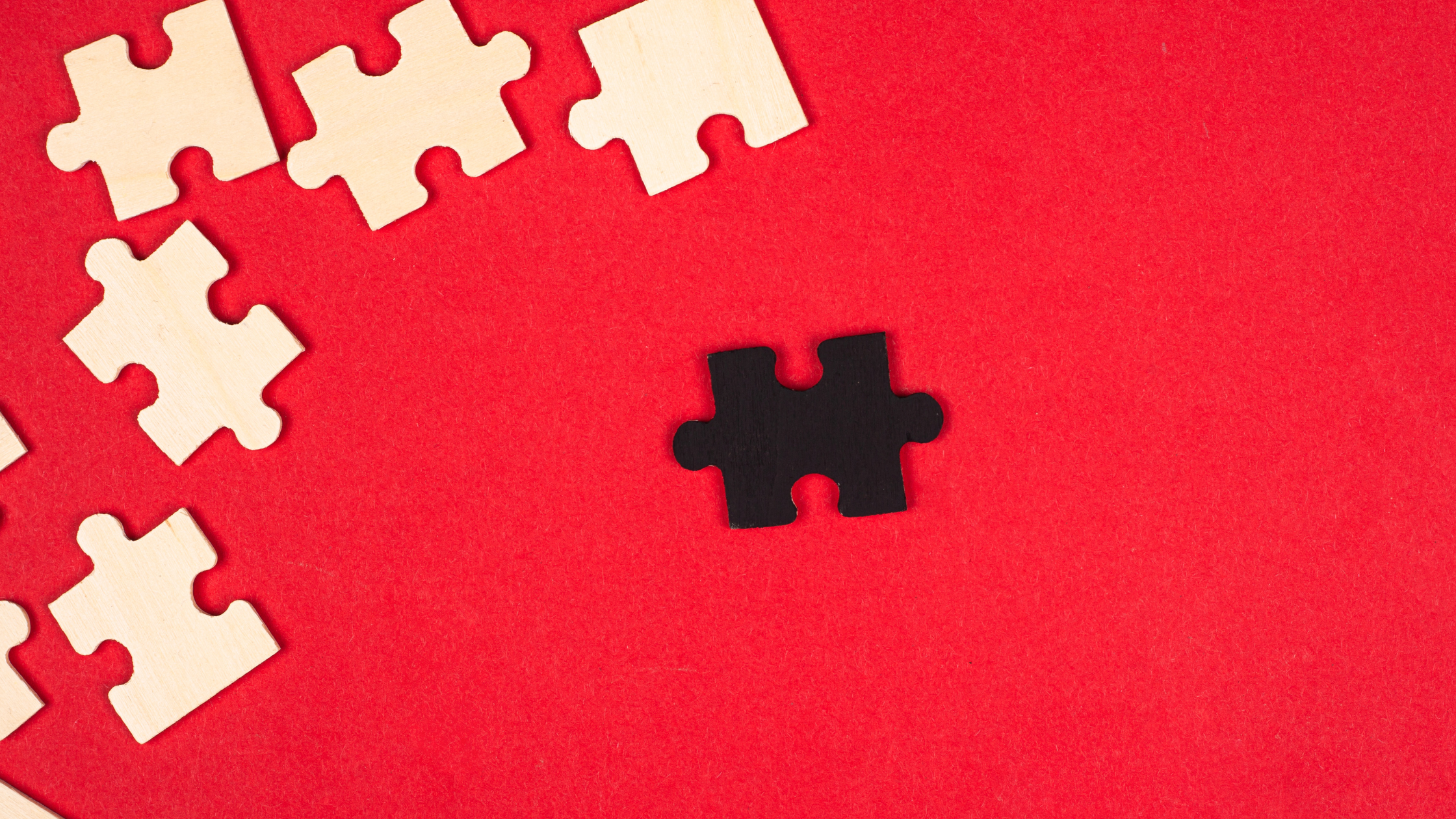Introverts are known as the anti-social group of people and this causes the social outcast dynamic.
This is a misconception but it is what introverts tend to get labeled.
There are so many unwritten rules in the Western world especially socially. Introverts naturally break all of the rules and this tends to get them treated as a social outcast.
Your Difference Is the Difference
There are benefits and strengths of being unique and different in society.
If you were to behave like everyone else, you would be boring.
Authenticity has a price because it comes with criticism. But the payoff is far greater because you garner the respect of others. Being unique gives you a strong foundation of credibility because you are living a life being comfortable in your skin and this is something that most people are afraid to do.
Being authentic is a price you will pay for being a social outcast.
I live a nomadic lifestyle and I can identify with people who call themselves digital nomads but I don’t fully immerse myself in the digital nomad community.
But if I explain to the average person my lifestyle, I will get lumped into the digital nomad trend. Looking around on social media, you will see some negative things about digital nomads.
I saw a quote on Twitter from a popular writer that said,
“I fucking hate digital nomads, they are all frauds and don’t listen to them.”
From personal experience, this is how some people feel about my lifestyle. It is a price that I have to pay to live my authentic life even though I am not a part of the popular digital nomad communities you see on social media.
Benefits of being unique:
- It makes you unpredictable to others and that makes you interesting.
- You develop mental resilience and courage because it is far easier to blend in and be invisible than to stand out and put a target on your back.
- Others may not ever tell you but you people will secretly admire you for your courage to live your authentic life.
Build Mental Endurance
Why building emotional and psychological resilience is key to thriving in life as a social outcast.
Everyone wants to stand out but nobody wants to deal with the criticism that comes with it.
It is a daily grind when you go against the grain. Meaning when you go against what isn’t considered normal, you fight everyday in some in each aspect of your life just for being different. This requires emotional resilience.
Each part of your life will be affected.
You will spend a lot of mental energy defending yourself, explaining, or fighting off shaming from the consensus group of people who follow all of the rules.
You will face this battle in your relationships, friendships, family, and with coworkers.
“The simple truth is that being different is really hard. Society values sameness. Differences are less sources of celebration, and more a reason to tease, haze, and exclude. Humanity is made up of in-crowds and out-crowds”. – Johnathan E
Why you need psychological and emotional resilience when you are a social outcast:
- People will constantly test and challenge the differences that separate you from conformity.
- People will distance themselves or ignore you because they don’t know how to handle your differences.
- You will never get societal rewards like those who abide by standard society because you have chosen a different way to do things.
Get a New Crew
How to form genuine relationships and create a support system promoting personal growth.
No person is meant to be alone.
Even though you may Iive a lone wolf lifestyle, it doesn’t mean you should not have your support system. Having a support system in traditional ways won’t cut it for you but creating the proper community your way will. You will have to form genuine friendships in your creative way.
Creating your personal community will also require personal development.
Growing up, you may have felt like a social outcast. This is due to the fact that you were forced to grow up with people you called your friends.
This is called the proximity effect, forming friendships as a child because you went to the same school or lived in the same neighborhood.
As you get older, you realize that you may not have much in common with the people you grew up with other than the memories created.
Unlike children, adults form friendships off commonalities and ideologies.
“Friendship is born at that moment when one person says to another: ‘What! You too? I thought I was the only one.’”
C.S. Lewis
How to form genuine friendships as an outcast:
- Go where other social outcast hang out, use the power of the internet.
- Expand your world and build friendships psychographically and not demographically.
- Embrace your independence because being needy repeals people and being independent makes people respect you and more curious about you.
Become Selfish
The importance of physical and emotional self-care for maintaining well-being.
You are useless to others if you are useless to yourself.
The term selfishness has a negative stigma attached to it. When you put yourself above others, you get shamed and labeled selfish. Usually, when you are guilt-tripped into being labeled selfish, it is at the expense of your mental health.
When people decide to take care of their well being, someone is going to get their feelings hurt whether it is you are someone who has put expectations on you.
The ups and downs in working with people can have a huge impact on you. Practicing self-care can better equip you to deal with a crisis and the difficulty of aiding someone with a mental health or substance use challenge. Engaging in a self-care routine has been clinically proven to reduce or eliminate anxiety and depression, reduce stress, increase happiness, and more. It can help you adapt to changes, build strong relationships, and recover from setbacks. In a national survey, Americans cited benefits of self-care as: enhanced self-confidence (64%), increased productivity (67%), happiness (71%). From a physical health perspective, self-care also reduces heart disease, stroke and cancer – Mental Health First Org
Only the Ambitious Survive
The importance of setting and striving for personal goals, independent of societal expectations.
When the mouse has no cheese to chase, it has no reason to risk its life for the chase.
Everyone needs some personal goals. These goals don’t need to be societal but they need to be meaningful. These goals should enhance your life and not give you a euphoric feeling of feeling complete.
Goals are often mistaken for things that will fix problems but they should be looked at as life maps and enhancers.
Twenty years from now you will be more disappointed by the things you didn’t do than by the ones you did do. So throw off the bowlines. Sail away from the safe harbor. Catch the trade winds in your sail. Explore. Dream. Discover.” Mark Twain
Go from Surviving Mode to Thriving Mode
Develop a positive outlook, focusing on strengths and opportunities rather than dwelling on negatives.
Moral compasses are compromised when you are constantly in survival mode.
There are two different kinds of ways social outcast operate in life. There is a thriving and surviving mode. Thriving mode is having a mindset that there are more than enough resources to accomplish your goals and surviving mode is constantly struggling to find ways to get your basic needs met.
What are some examples of thriving mode:
- When finances are low you find creative ways to make income for the short term and long term future.
- You are at peace more than you worry because you trust yourself and something bigger than yourself to find solutions to your problems.
- You have created an abundant lifestyle that gives you options when things don’t go as planned.
Self improvement is not normal. Anytime you involve yourself in a committed self improvement journey, you will be a social outcast.

